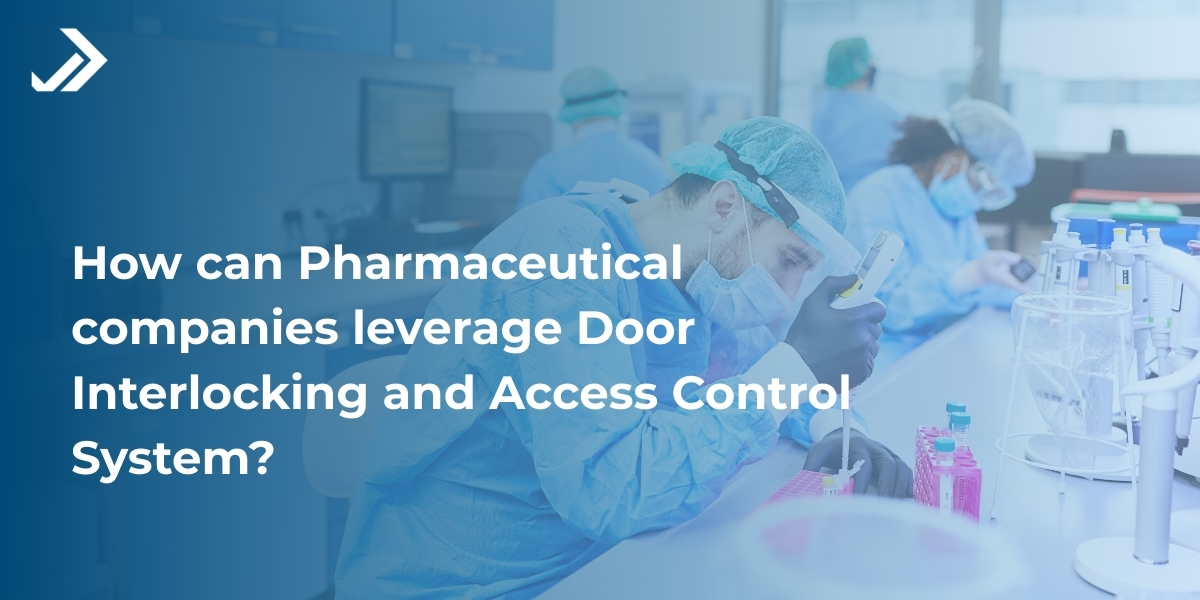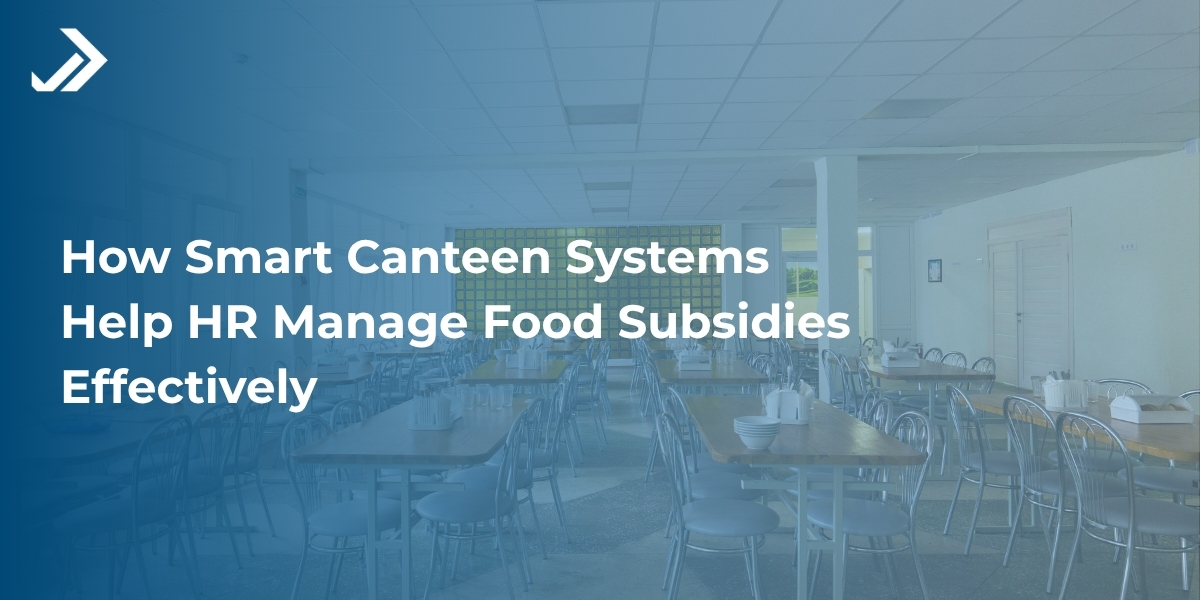

Author : Marketing Team | Follow us on LinkedIn:
5 Apr, 2024
How can Pharmaceutical companies leverage Door Interlocking and Access Control System?
Table of Contents
In the pharmaceutical industry, maintaining a secure environment is non-negotiable. Protecting sensitive formulas, ensuring the integrity of products, and following strict regulations are all vital for patient safety and a company’s success. Traditional security measures often struggle to meet the demands of these highly regulated environments. This blog post dives into how Door Interlocking and Access Control System (DIACS) offer a powerful solution for pharmaceutical companies.
Importance of Security in Pharmaceutical Facilities
In the pharmaceutical industry, maintaining security within facilities is paramount for safeguarding sensitive information, protecting valuable assets, and ensuring regulatory compliance. Security measures play a crucial role in mitigating risks such as theft, tampering, and unauthorized access, which could have severe consequences on product quality, patient safety, and company reputation.
Protecting Intellectual Property
Security measures in pharmaceutical facilities are essential for safeguarding intellectual property, including proprietary formulas, research data, and manufacturing processes. Unauthorized access or theft of this information could lead to significant financial losses and compromise the competitive edge of pharmaceutical companies.
Ensuring Product Integrity
Maintaining a secure environment is critical for preserving the integrity of pharmaceutical products throughout the manufacturing, storage, and distribution processes. Security measures help prevent contamination, tampering, or adulteration of medications, ensuring that they meet quality standards and are safe for patient use.
Regulatory Compliance
Pharmaceutical facilities must adhere to stringent regulatory requirements imposed by government agencies such as the FDA (Food and Drug Administration) and EMA (European Medicines Agency). Security protocols, including access control, surveillance systems, and documentation procedures, are essential for demonstrating compliance with regulatory standards and undergoing successful inspections.
Preventing Drug Diversion
Security measures are instrumental in preventing drug diversion, which involves the illegal distribution or misuse of prescription medications. By implementing robust access controls, inventory management system, and surveillance technologies, pharmaceutical facilities can detect and deter unauthorized activities that could lead to drug diversion.
Protecting Personnel and Visitors
Ensuring the safety of employees, visitors, and contractors within pharmaceutical facilities is a top priority. Security measures such as restricted access areas, emergency response protocols, and surveillance monitoring contribute to creating a secure and conducive work environment, reducing the risk of workplace incidents and enhancing overall safety.
Mitigating Cybersecurity Threats
In an increasingly digitized environment, cybersecurity is a growing concern for pharmaceutical companies. Protecting sensitive data from cyber threats such as hacking, data breaches, and ransomware attacks is essential for maintaining confidentiality and preventing disruptions to operations. Implementing robust cybersecurity protocols and training employees on cybersecurity best practices are critical aspects of overall facility security.
Preserving Brand Reputation
Security breaches or incidents within pharmaceutical facilities can have far-reaching consequences on brand reputation and public trust. A proactive approach to security demonstrates a commitment to protecting patients, maintaining product quality, and upholding ethical standards, thereby enhancing brand credibility and fostering customer loyalty.
Understanding Door Interlocking System
Door Interlocking System (DIT) represent a sophisticated approach to facility safety, offering comprehensive control over access points to enhance safety and mitigate security risks. DIT system maintain positive air pressure by not opening doors simultaneously, ensuring optimal safety measures are in place. Understanding the fundamentals of these systems is crucial for businesses seeking to bolster their infrastructure effectively.
What Are Door Interlocking System?
These advanced solutions are designed to regulate access to critical areas within a facility by controlling the operation of multiple doors in a coordinated manner. These systems typically utilize electronic locking mechanisms, sensors, and control panels to manage access based on predefined rules and permissions.
How Do Door Interlocking System Work?
Door interlocking system operate on the principle of interlocking, where the opening of one door triggers the automatic locking or unlocking of adjacent doors. These systems maintain positive air pressure by not opening doors simultaneously, further enhancing safety protocols within the facility.
Key Components of Door Interlocking System:
Electronic Locking Mechanisms
It employs electronic locks that can be controlled remotely via access control panels or software. These locks may include electromagnetic locks, electric strikes, or motorized bolts, depending on the specific requirements of the application.
Access Control Panels
Access control panels serve as the central hub for managing and monitoring the operation of DIT system. They enable administrators to configure access permissions, track access events, and respond to incidents in real time.
Sensors and Detectors
Motion detectors, proximity sensors, and door position sensors are integrated into the interlocking system to detect movement, proximity, and door status. These sensors provide essential data for controlling the operation of doors and detecting unauthorized access attempts.
Control Software
Control software interfaces with access control panels to provide administrators with intuitive tools for configuring system settings, defining access rules, and generating reports. Advanced software solutions may offer additional features such as integration with CCTV cameras, alarm system, and biometric authentication.
Benefits of Door Interlocking System for Pharmaceuticals
A door interlocking system presents a highly effective solution for implementing controlled measures in regulated environments, particularly within the pharmaceutical sector. The necessity for such a system arises due to several compelling reasons specific to this industry:
Promoting Good Manufacturing Practices (GMP)
Installation of door interlocking system fosters increased awareness and adoption of Good Manufacturing Practices (GMP). By implementing robust access control measures, pharmaceutical companies uphold the highest standards of quality and safety in their manufacturing processes.
Maintaining Sanitation Standards
Door interlocking system contribute significantly to maintaining high sanitation standards within cleanroom environments essential for pharmaceutical manufacturing. These systems prevent cross-contamination by restricting the flow of air or contaminants between different spaces.
Meeting International Standards
Door interlocking system facilitate compliance with international standards mandated for the Indian pharmaceutical sector. This ensures alignment with stringent regulations governing drug manufacturing and export processes.
Ensuring Regulatory Compliance
The system enables pharmaceutical companies to fulfill mandatory audit and approval standards essential for maintaining regulatory compliance. Compliance with these standards is critical for ensuring the safety and efficacy of pharmaceutical products.
The functional concept of door interlocking system revolves around preventing the simultaneous opening of two doors, thereby effectively controlling the transfer of air or contaminants between adjacent areas. In addition to ensuring compliance and enhancing safety, the pharmaceutical and healthcare industries derive the following benefits from the installation of door interlocking system:
Contamination Reduction
By restricting access and controlling airflow, door interlocking system minimize contamination from areas with high volumes of traffic, ensuring the integrity of pharmaceutical products.
Enhanced Contamination Control
These systems minimize micro-biological and particulate contamination, safeguarding the quality and purity of pharmaceutical products throughout the manufacturing process.
Preservation of Airflow and Pressurization
Door interlocking system help maintain airflow and pressurization in critical areas such as airlocks and change rooms, which are crucial for maintaining sterile environments.
Conclusion
While maintaining a secure environment is paramount in the pharmaceutical industry, traditional security measures often fall short in these highly regulated environments. This blog post explored how Door Interlocking and Access Control System (DIACS) offer a powerful solution. By implementing DIACS, pharmaceutical companies can gain a significant advantage through strengthened security protocols, simplified compliance with Good Manufacturing Practices (GMP) and international standards, minimized contamination risks that safeguard product quality, and improved operational efficiency via streamlined access management.
Spectra Technovision offers a comprehensive range of DIT and access control solutions designed to meet the specific needs of the pharmaceutical industry. These advanced system not only bolster safety and security but also contribute to a more efficient and compliant operation.








